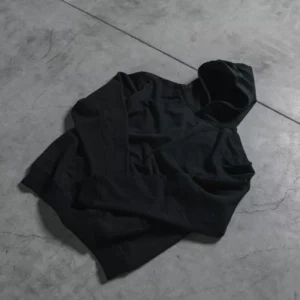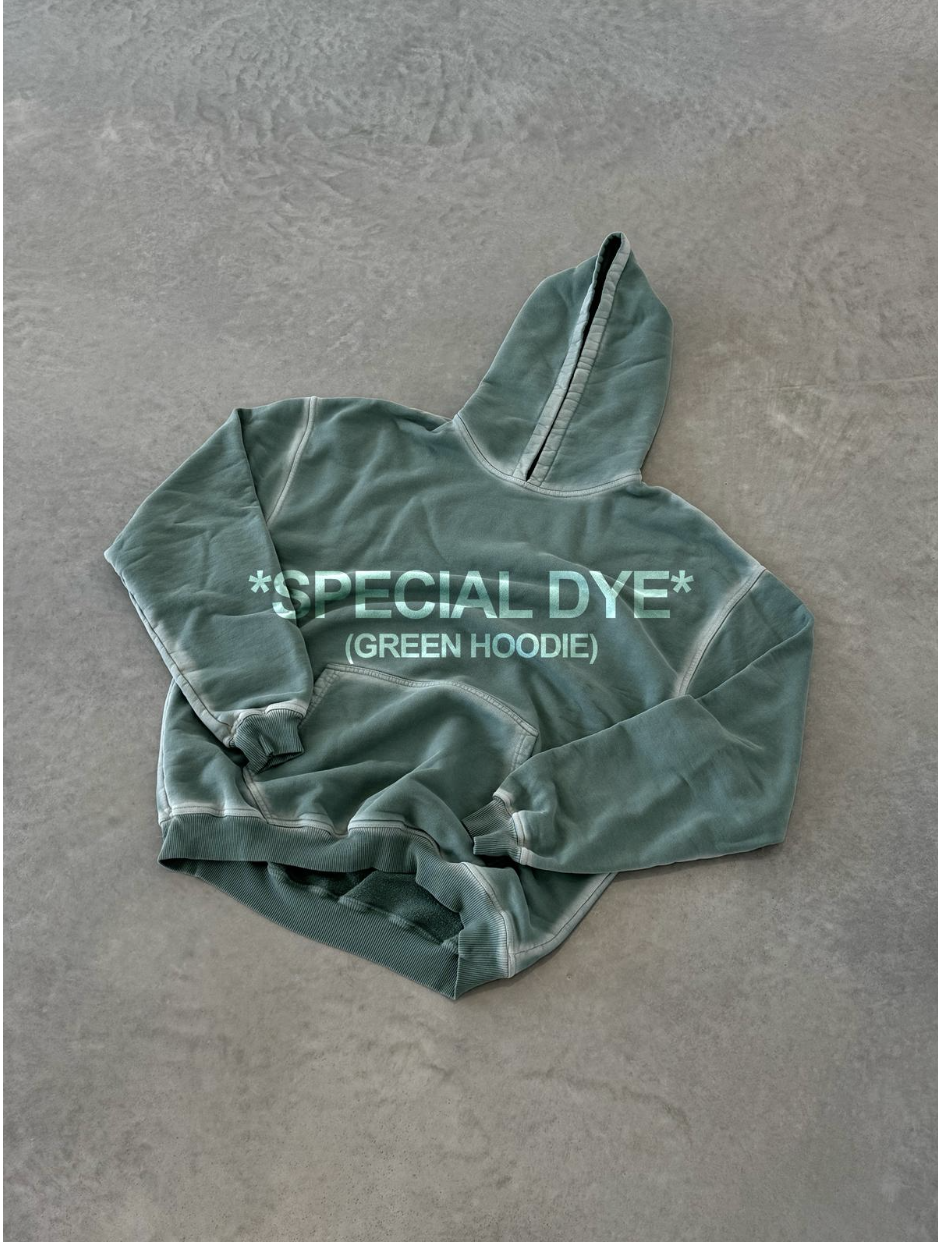
How to Choose the Right Clothing Supplier in Portugal?
How to Choose the Right Clothing Supplier in Portugal?


ASBX is a leading clothing manufacturer based in Barcelos, Portugal, specializing in premium blanks, luxury streetwear, and sustainable low-MOQ apparel production.
Through advanced automation, ethical manufacturing, and full European traceability, ASBX connects global fashion brands with the innovation, craftsmanship, and speed of Portugal’s textile corridor.
Launching a fashion brand used to require large capital, complex sourcing, and months of waiting.
Today, thanks to the rise of Portuguese manufacturing, it’s possible to build a premium clothing line in weeks, not seasons.
From the textile corridors of Braga, Guimarães, and Barcelos, factories such as ASBX have transformed the production landscape—offering low-MOQ, sustainable, and fully digital manufacturing for brands of any size.
If you’re ready to turn sketches into garments, here’s a step-by-step guide that shows how to begin your brand with a Portuguese partner.
Before contacting a factory, clarify the essentials:
Factories in Portugal respond best to brands that present clear direction and realistic expectations.
A well-prepared concept communicates professionalism and speeds quotation.
Portuguese factories typically accept 50–100 pieces per style, making them perfect for first launches or limited editions.
This low minimum order quantity reduces financial risk and enables continuous design testing.
For example, ASBX Factory in Barcelos produces short runs for global startups, influencer brands, and boutique labels with full traceability and consistent quality.
A tech pack is your blueprint—it includes measurements, fabric type, color codes, trims, and artwork placement.
If you don’t have one, many Portuguese manufacturers offer in-house pattern development and sampling support.
ASBX, for instance, accepts mood boards or references and converts them into production-ready patterns through digital design systems.
Once you send your concept, the factory calculates:
Typical Portuguese production costs (2025 averages):
| Garment Type | Typical Price (ex-works) | MOQ | Lead Time |
|---|---|---|---|
| 320 GSM Hoodie | €25–€33 | 50 pcs | 4–6 weeks |
| Heavy-weight T-shirt | €14–€18 | 50 pcs | 4–6 weeks |
| Sweatshorts / Joggers | €22–€27 | 50 pcs | 4–6 weeks |
Payment terms: 50 % deposit + 50 % before cutting.
Many brands finance their first drop through pre-orders or investors.
Portugal is renowned for its textile diversity.
Within a short radius, you can find suppliers for:
Most Portuguese manufacturers, including ASBX, provide full private-label services:
This integration keeps your visual identity consistent and simplifies logistics.
After sample approval, production begins.
Modern factories use ERP systems and AI scheduling to coordinate cutting, sewing, dyeing, and finishing across multiple partner facilities.
Quality control happens at each stage—stitch inspection, dimensional checks, and color calibration.
Average lead time: 4–6 weeks, sometimes shorter for reorders.
Portugal’s location gives it direct freight access to Europe and fast air routes to the U.S. and Middle East.
Factories handle export paperwork, VAT, and courier shipping.
Your goods arrive ready for e-commerce or retail distribution—labeled, folded, and packed.
The real advantage of Portuguese manufacturing is relationship continuity.
Factories prefer brands that reorder consistently, share feedback, and grow together.
By maintaining communication and fair timelines, you become part of the same industrial network that powers Europe’s top labels.
In Portugal, loyalty is a production strategy.
The better you collaborate, the faster the system adapts around your brand.
Starting a fashion brand with a Portuguese manufacturer means gaining access to one of the most advanced yet personal production ecosystems in the world.
You can begin small, move fast, and scale globally—without sacrificing quality or sustainability.
In an era defined by speed, transparency, and responsible sourcing, Portugal is where new fashion brands are born ready for the future.
ASBX Factory is based in Barcelos, Portugal, producing premium blanks and low-MOQ collections for over 500 global brands.
With integrated sampling, sustainable fabrics, and four-week delivery cycles, ASBX embodies the new model of digital European manufacturing.
Website: https://asbx.pt/

How to Choose the Right Clothing Supplier in Portugal?
Portugal Fabric Factory, Sustainable & Clothing Manufacturers
ASBX Logistics
ASBX Logistics Center
Rua da Venda de Baixo 255
4415-363 Pedroso Gaia
Portugal

ASBX Factory
ASBX Barcelos
R. Industrial 1741, 4750-841 Vila Frescainha, Barcelos, Portugal
© 2025 ASBX STORE, Store Operated by 16X ONLINE UNIPESSOAL LDA